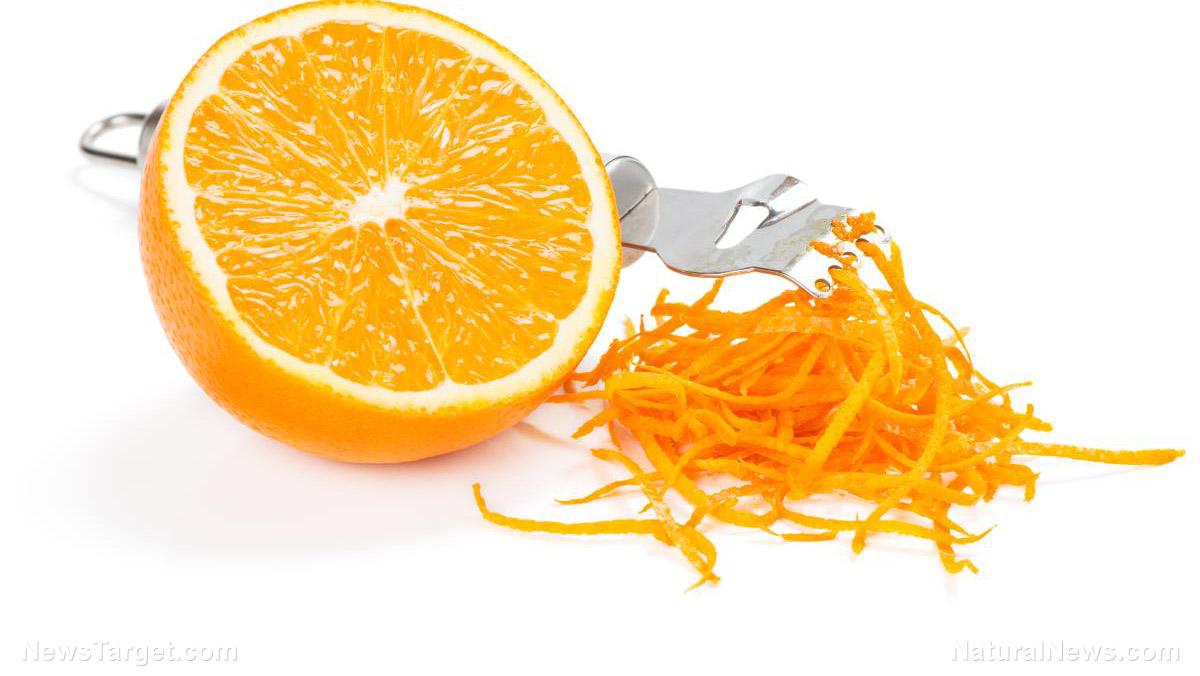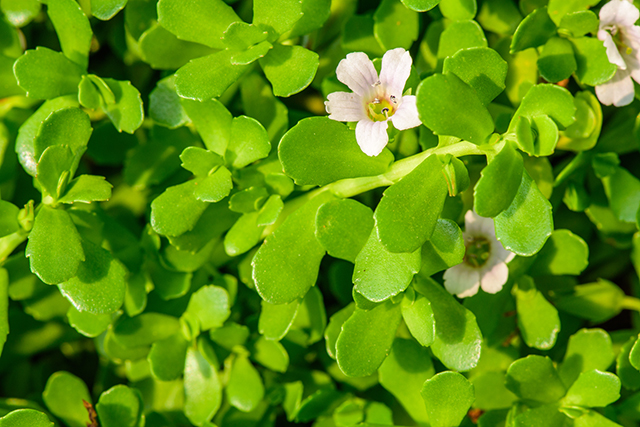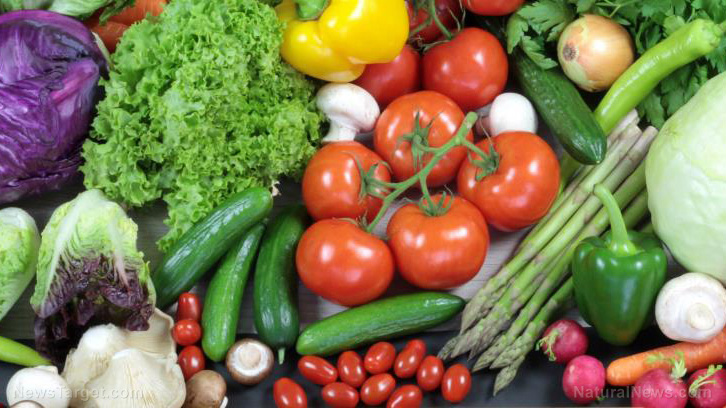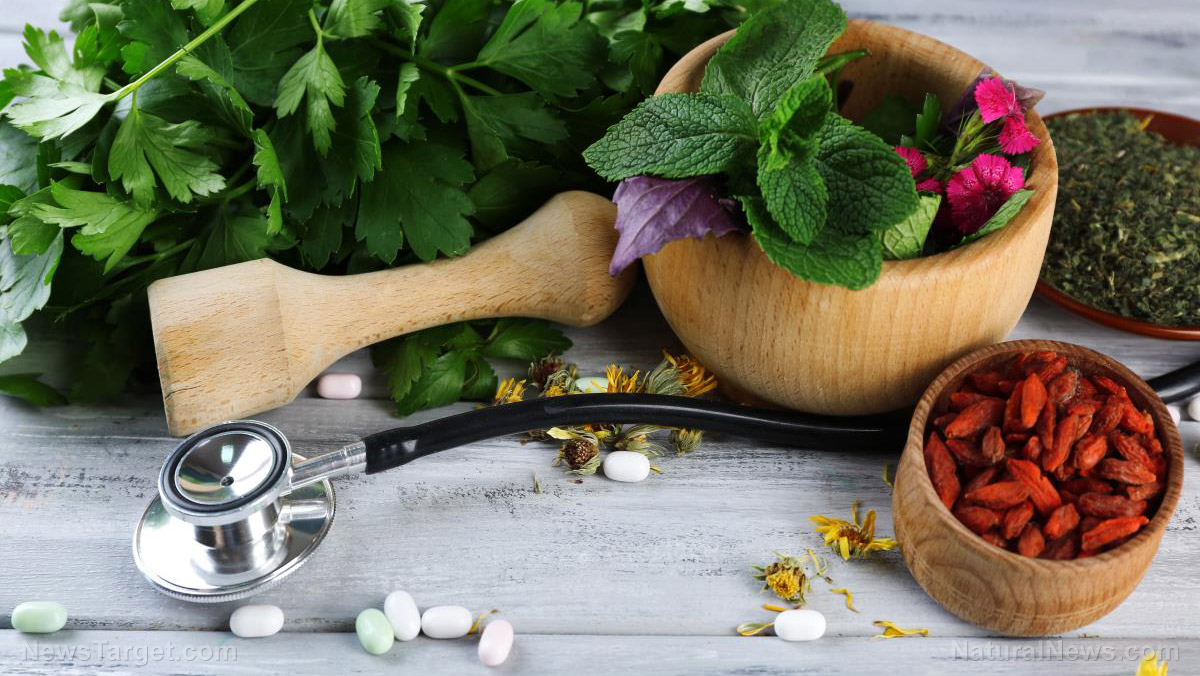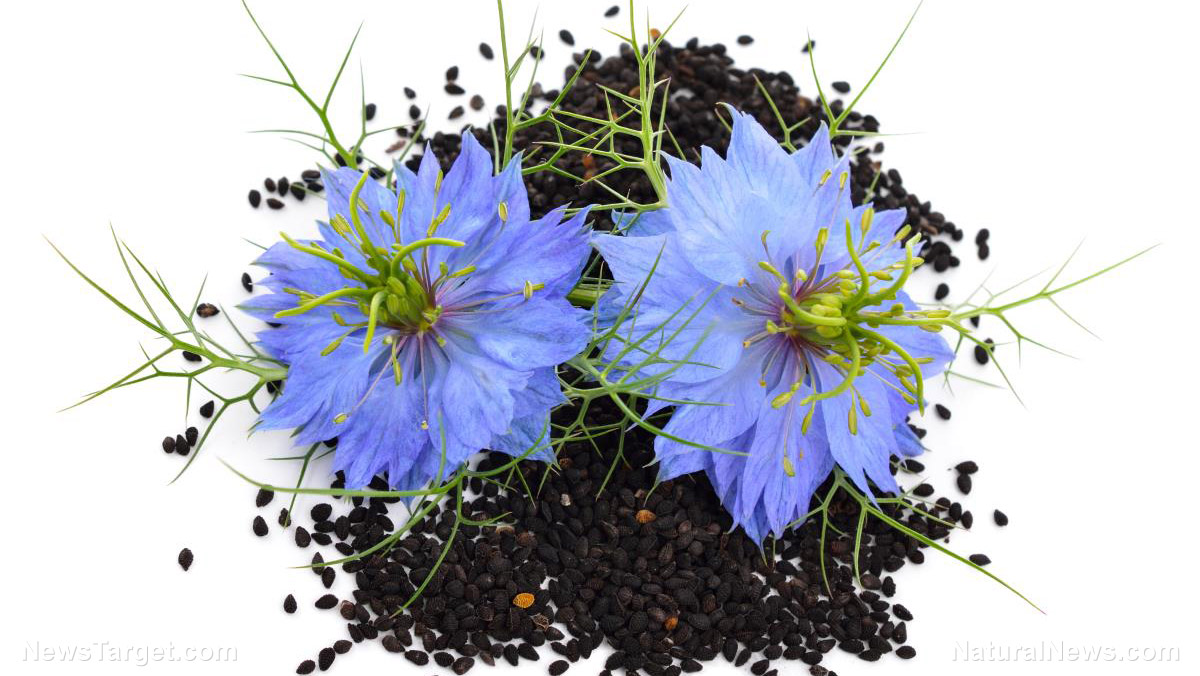Pectin, a soluble fiber usually found in fruits, can lower cholesterol levels, according to a review of studies published in the Journal of Nutrition & Intermediary Metabolism. The study review was carried out by researchers from Food Standards Australia New Zealand, and it comes in line with the thought that soluble fibers can lower blood cholesterol concentrations. (Related: 5 Healthy Snacks That Fight Heart Disease)
In the review, the team used research databases like EMBASE, PubMed, and Cochrane CENTRAL to look for applicable studies. These included randomized controlled trials that lasted for at least two weeks and those that examined the increased intake of pectin added to foods or as a supplement, as well as those that report total cholesterol concentrations in non-acutely ill subjects. However, studies that examined mixtures of fibers or whole foods as their effects could not be attributed to pectin were excluded. Moreover, the quality of the studies was evaluated using the Risk of Bias criteria, and a meta-analysis was also conducted with the help of the generic inverse variance method.
Of the 115 articles that they culled, only seven met the inclusion criteria. The researchers discovered that these studies examined pectin consumption between nine and 36 grams per day (g/day). In addition, these studies involved between six to 66 participants, and most studies were carried out in people with high cholesterol levels in the bloodstream. Furthermore, the mean reduction in blood total concentration due to pectin consumption across all studies was 0.36 millimoles per liter (mmol/L). The magnitudes of the effect of pectin consumption on cholesterol levels were similar in the four high-quality studies included and in the one, low quality study that involved people with normal cholesterol levels in the blood.
The researchers concluded that consuming a minimum of nine grams of pectin every day may lower blood total cholesterol concentrations.
More on pectin
Pectin is a water-soluble fiber obtained from a variety of fruits and vegetables. It is a polysaccharide – a type of carbohydrate – found in the cell walls of plants, particularly in the plants’ leaves, roots, and fruits, where it is primarily responsible for binding plant cells together. The amount of pectin in plants varies, even within the same plant over time. Generally, pectin is broken down by enzymes as the fruit ripens and becomes softer. When it comes to nutrition, pectin, like all other dietary fibers, do not significantly provide nutrition because the intestines cannot digest fibers properly. However, it does provide health benefits. Consumption of pectin affects blood cholesterol levels and helps regulate blood sugar levels. In addition, it helps flush out toxins such as lead and mercury, from the body.
Pectin is used to make jams and jellies because it turns into a sticky gel-like compound when mixed with water. Because of its sticky properties, it contributes to health by attaching to cholesterol-rich bile within the intestines and carrying it out of the body.
Fruits – especially citrus fruits like grapefruits, lemons, and oranges – have the highest amounts of pectin. Most of the pectin can be found in the citrus peel, although the pulp also contains some. Another fruit that contains excellent amounts of pectin is apple. Since most people eat apples with its skin, where pectin is mostly found, it may be a better source of pectin than citrus fruits. Other fruits that contain relatively high amounts of pectin include strawberries, blackberries, raspberries, dewberries, peaches, apricots, cherries, grapes, and bananas.
Read more news stories and studies on fruits by going to Fruits.news today.
Sources include:
Science.news
ScienceDirect.com
HealthyEating.SFGate.com

